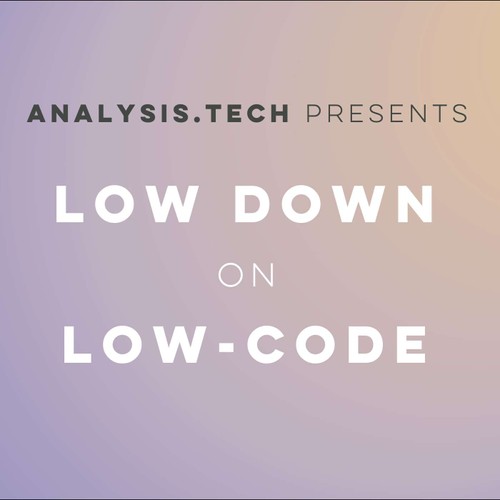
 Low Down on Low-Code
Low Down on Low-Code Using GenAI as Low-Code Rocket Fuel
May 20, 2024
Francis Carden, known as the Godfather of RPA and founder of OpenSpan, shares his insights on the transformative power of low-code technologies. He discusses the evolution of low-code development, emphasizing its role in modernizing software practices and addressing inefficiencies. The conversation also covers the decline of Centers of Excellence in IT and the importance of adapting to new methodologies. Additionally, Francis explores how Generative AI enhances productivity by managing legacy code, urging organizations to embrace innovative funding strategies to support low-code initiatives.
Chapters
Transcript
Episode notes
1 2 3 4 5 6
Intro
00:00 • 4min
The Shift to Low-Code Development
03:35 • 13min
Contrasting Personalities in Tech and the Power of Low-Code
16:16 • 2min
The Decline of Centers of Excellence in IT
18:36 • 8min
Navigating Funding Challenges for Low-Code Innovation
26:21 • 3min
Transforming Development with Generative AI
28:59 • 12min
